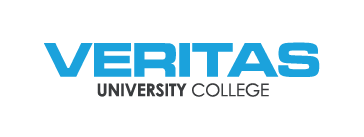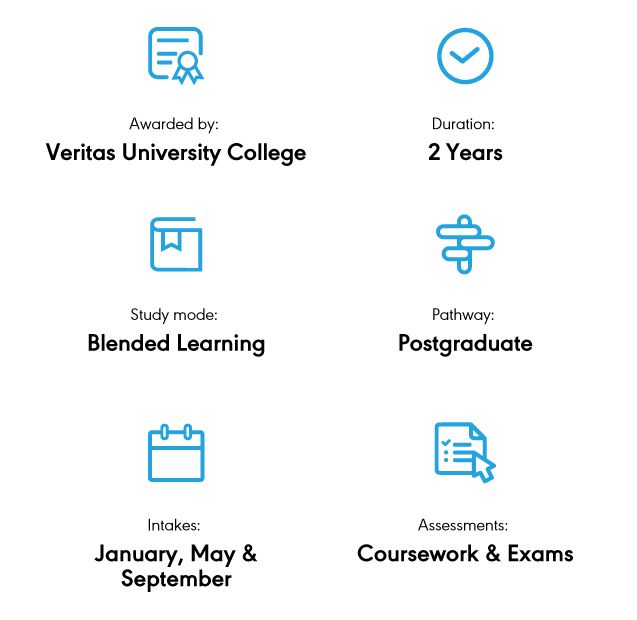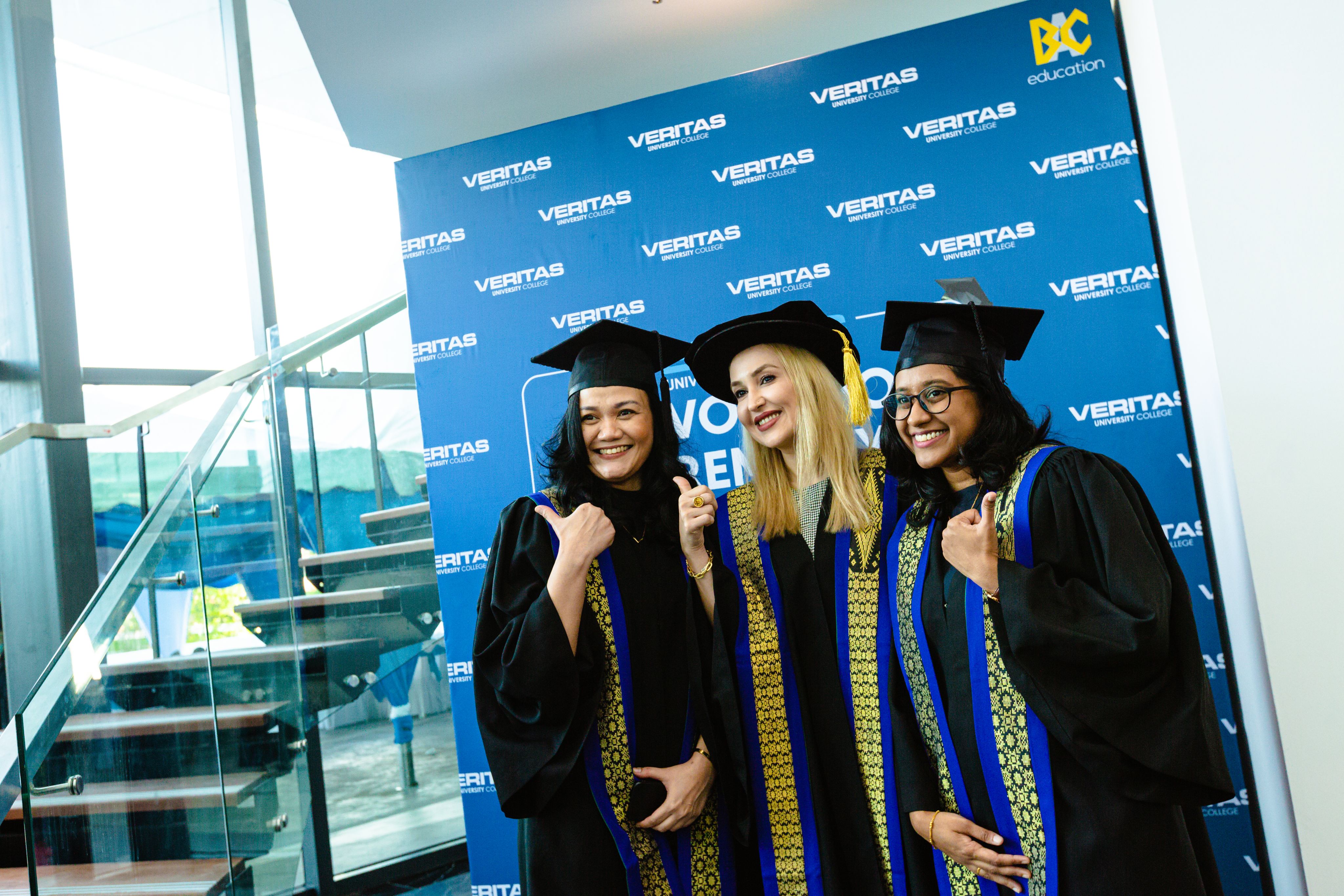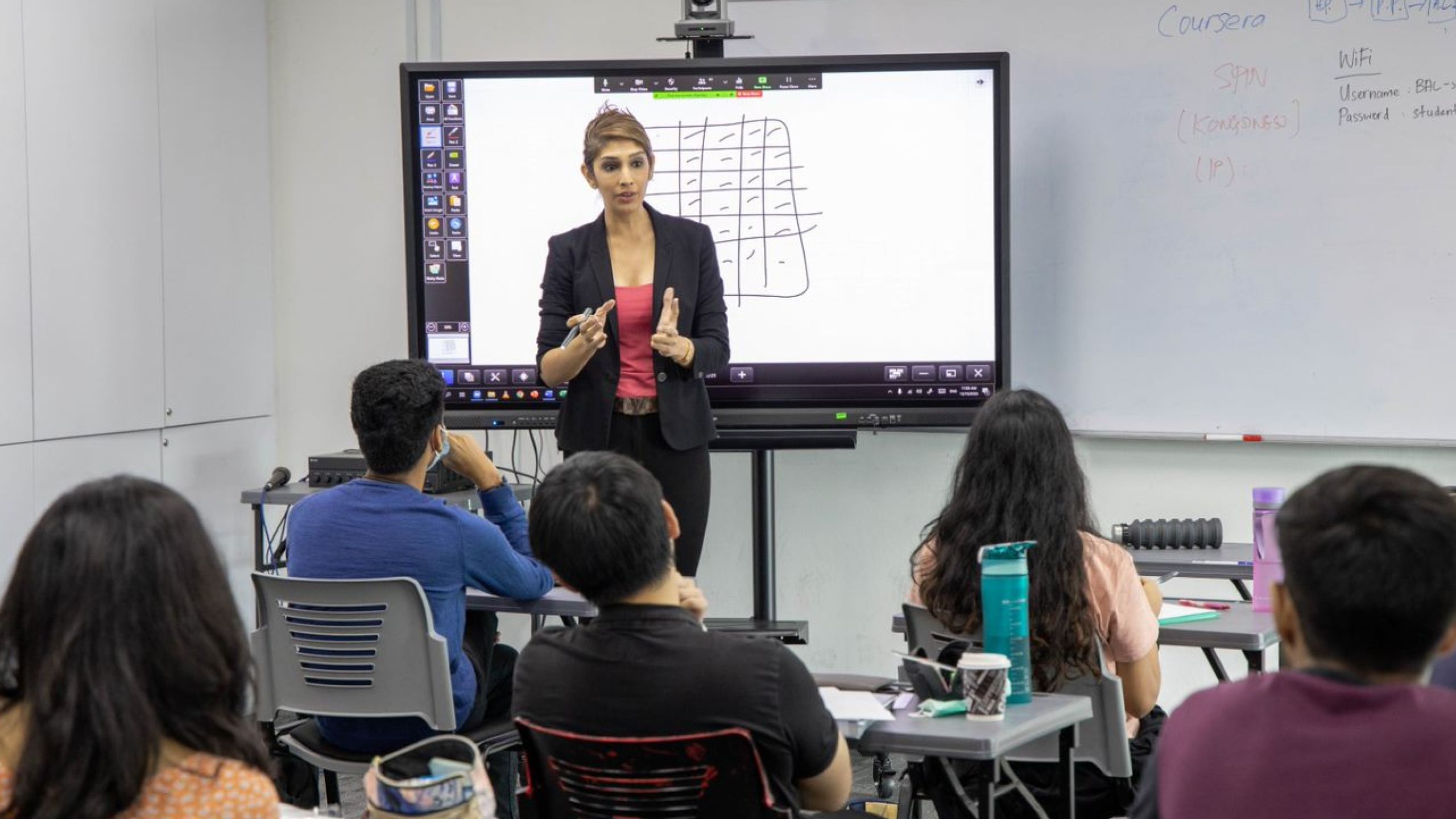Master of Education (ODL)
Veritas University College

Here's the BIG Picture
If you’re passionate about teaching, leadership, or shaping the future of learning, the Master of Education (ODL) at Veritas University College is designed with you in mind. Delivered fully online, this programme gives you the freedom to study from anywhere in the world, at your own pace — making it ideal for working professionals, educators, trainers, and aspiring leaders alike.
You’ll explore advanced concepts in pedagogy, curriculum development, assessment, educational leadership, and policy — all while gaining practical strategies to meet the ever-evolving demands of modern education. Whether you’re in a school, university, corporate training department, or an NGO, this masters programme equips you with the tools to lead with confidence and purpose.
Course Entry Requirements
- A Bachelor’s degree or its equivalent, with a minimum CGPA of 2.75 as accepted by the Senate; or
- A Bachelor’s degree or its equivalent, with a minimum CGPA of 2.50, and not meeting CGPA of 2.75, can be accepted subject to an internal assessment; or
- A Bachelor’s degree or its equivalent, not meeting CGPA of 2.50, can be accepted subject to a minimum of five (5) years working experience in a relevant field
Why choose
Veritas University College?
At Veritas, we are constantly re-thinking the learning process and leveraging on efficiency, technology and strategic partnerships to provide a holistic next gen educational journey for our students. Veritas is also committed to pushing the UN’s Sustainable Development Goals by continuously developing world class programmes at some of the most affordable fees available in the market. As a result of our far-reaching efforts, Veritas has received the BrandLaureate Best Brand in Online Education award for 2020, 2021, 2022, 2023 and 2024 in recognition of our exceptional academic and co-curricular experience.

TUITION FEES
|
MALAYSIAN STUDENTS |
|
|---|---|
|
RM15,900 |
EPF Withdrawals, EZ Payment Plans, 0% Credit Card Installment Schemes, Scholarships and Bursaries are available. Contact us for more details.
|
INTERNATIONAL STUDENTS |
|
|---|---|
|
RM15,900 EMGS Fee: RM450 |
COURSE MODULES
Educational Psychology
This module explores key principles of educational psychology through behaviourism, cognitivism, and constructivism, offering insights into effective teaching and learning. It also covers motivation and individual learning differences. You’ll earn a microcredential from the University of Illinois at Urbana-Champaign via Coursera for Campus.
Curriculum Development
This module examines different definitions of curriculum and how philosophy, psychology, society, and history shape it. You’ll explore curriculum development, current issues, and future trends, and earn a microcredential from The University of New South Wales via Coursera for Campus.
Learning and Cognition
This module builds your understanding of key concepts in learning and cognition. You’ll explore learning theories and teaching strategies, considering content, learner differences, and learning styles. You’ll also earn a microcredential from Columbia University via Coursera for Campus.
Models and Strategies of Teaching
This module covers key teaching models (social learning, information-processing, and behaviourist) to help you plan lessons and apply best practices. You’ll also earn a microcredential from Macquarie University via Coursera for Campus.
Instructional Technology
This module explores the evolution of educational technology and its use across education and training settings. You'll also examine emerging technologies and their role in today’s Knowledge Society, earning a microcredential from the University of Illinois at Urbana-Champaign via Coursera for Campus.
Measurement and Evaluation in Education
This module explains the differences between testing, measurement, and assessment, focusing on why, what, and how to assess. You'll explore various assessment techniques and evaluate their effectiveness, earning a microcredential from Johns Hopkins University via Coursera for Campus.
Qualitative Research Methodology
This module introduces key concepts, theories, and processes in qualitative research. You’ll cover topic selection, research questions, literature review, data collection and analysis, reporting, and ethical considerations. You’ll also earn a microcredential from Queen Mary University of London via Coursera for Campus.
Quantitative Research Methodology
This module introduces the principles and practices of quantitative research, focusing on experimental designs, surveys, and basic statistical techniques. You’ll also earn a microcredential from the University of Amsterdam via Coursera for Campus.
Masters Project
This two-semester project strengthens your research skills, guiding you in selecting a relevant topic, reviewing literature, and formulating a clear research question.
Areas of Concentration (Choose 1)
Educational Leadership
Leadership and Managing Change in Education
This module deepens your understanding of leadership theories and organisational change in education. You’ll learn to reflect on effective leadership and critically engage with concepts and research on educational change. You’ll also earn a microcredential from Macquarie University via Coursera for Campus.
Educational Leadership and Entrepreneurship
This module provides the theoretical foundation of educational leadership and organisation, helping you manage schools or organisations effectively. You’ll also earn a microcredential from the University of Michigan via Coursera for Campus.
Strategic Educational Administration
This module strengthens your skills as an educational administrator by applying strategic management concepts to support student success in real-world contexts. You’ll also earn a microcredential from Copenhagen Business School via Coursera for Campus.
Learning Sciences & Technology
Cloud Computing Applications for Educators
This module explores the role of cloud computing in education and its connection to educational philosophy. You'll learn about its services and applications in academic settings and earn a microcredential from IBM via Coursera for Campus.
Learning Design and Digital Pedagogy
This module explores current trends in e-Learning content development and introduces various web-based design tools and methods. You'll also examine technical requirements and the use of social media in education, earning a microcredential from the University of Illinois at Urbana-Champaign via Coursera for Campus.
Design Based Research for Future Technological Innovations
This module introduces design-based research for solving real-world problems through practical interventions and theory development. You’ll learn its interactive, iterative, and flexible approach, along with the conceptual and methodological tools to carry it out. You’ll also earn a microcredential from Macquarie University.
You Might Also Like These Courses
Postgraduate Diploma in Teaching & Learning
Whether you're a new teacher looking to build a solid foundation or a seasoned educator seeking to stay abreast of emerging trends, this course equips you with the knowledge and credentials necessary to thrive in today's dynamic educational landscape.
PhD in Education
The Veritas PhD in Education will equip you with advanced knowledge and research skills in the field, allowing you to make a significant impact on educational practices and policies. It will also open opportunities for leadership positions in academia, research institutions, or educational organisations.
MBA (ODL)
Our flexible MBA programme covers the most important tenets of business leadership - IT and Digital Transformation, Finance, Marketing, Economics, Human Resource Management and Strategic Management.







